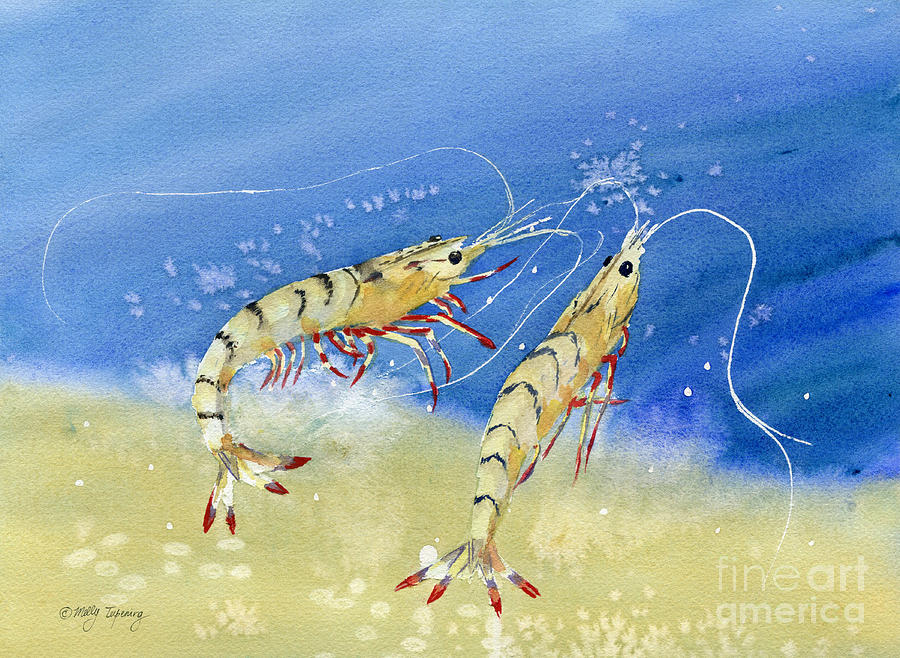 A colleague in anthropology suggested that I read Bly on the shadow. Here is a passage that resonates as well as introduces.
A colleague in anthropology suggested that I read Bly on the shadow. Here is a passage that resonates as well as introduces.To be clear, my family was loving and affirming, and I'm not going to let these reflections become: an opportunity to flog parents for my failings.
That said, I was a bookish Catholic boy with no mechanical aptitude. I was encouraged to be a priest. A movement toward that life, a minister and caregiver, is a movement that leaves some other inclinations in the shadow.
I also grew up with many older adults in my life, requiring caregiving (even as they also took care of me). Great-grandma broke both her wrists falling down stairs and would never take those stairs again -- it became my job to do laundry, to fetch things from the root cellar. She would not go on her knees again, for fear of falling, and so I would wash the floor (which in her mind had to be done on hand and knee).All of this is to say: caregiver was the part of me that was kept in the light. It is still a central part of who I am.
In the dark is something else. I'm still finding the words for what is in my shadow -- not the opposite of caregiver, if that means giver-of-hurt, or care-refuser.
Something like not-care-asker?
Professional Example: Last week, an administrative specialist emailed me to tell me that some of the work I was doing on an NEH grant, it was work I should not do. It was her job to do tasks like "secure W9s from short-term contractors on the grant." I was doing that labor to prevent that labor from bothering her. Asking her to do it wouldn't have been me. The part of my personality that asks for that kind of help, instead of giving it, lives in my shadow.
Another Professional Example: Once, a student got increasingly angry with me over the course of a semester. Each week, I talked with the student with my best "open hand of rhetoric." Each week, the student became more belligerent. My colleagues, finally, took me aside to say "hey, do you need help with this?" I would never have asked.Personal Example: Twice in my life, I have dated people with depression, a topic about which I have read mountains and about which I battered my therapist with questions for two years. But I'll be honest: I have never been good at coming to my partner and saying: "I need help responding to the life we are sharing." Always, I start with "I love you, you are beautiful, you are needed, you are treasured," but rarely "please help me be with you on this journey."
And it's easy to justify why. You don't ask the person drowning to teach you to swim with them. You want to be available, stable, steady as you throw them a lifeline and swim them in to shore.
Except it's not swimming. A life with someone with depression is something created together. You can't stand outside it and be helpful. You need to be inside, with them -- while still being outside just far enough to see the truth: they are beautiful, treasured, needed, loved.
Another Personal Example: There was a moment when my great-grandfather needed help standing from the toilet. I grabbed his arms and pulled, not thinking through that pulling him forward was not pulling him up. He asked me to stop. I was 12, maybe 13. I said "come on" and pulled again. He ceased trying and called for other family members to help, and it was weeks before he asked me to help with that, again.
I didn't ask him for help in being with him, helping him, in that moment. He didn't know how to ask me to help better, only to ask for someone else to help. Two stupid German men. For as much as my politics, I think, are feminist, my individual choices still struggle to be more than what I was raised in.I'm going to cut myself some slack for being 12.
I'm not 12 anymore. Sometimes, I still pull, thinking I am helping, without reaching out to communicate with the person about how I can be with them.
I need the part of me that can ask-for-help, not just give it, to come out of the shadow, into integration.

No comments:
Post a Comment